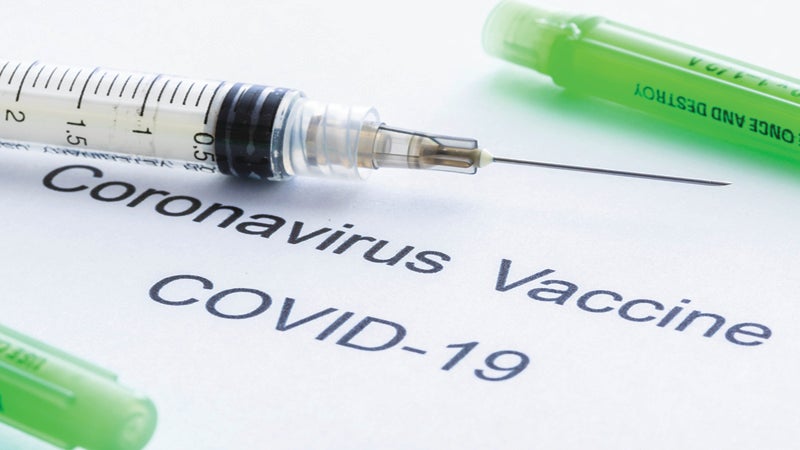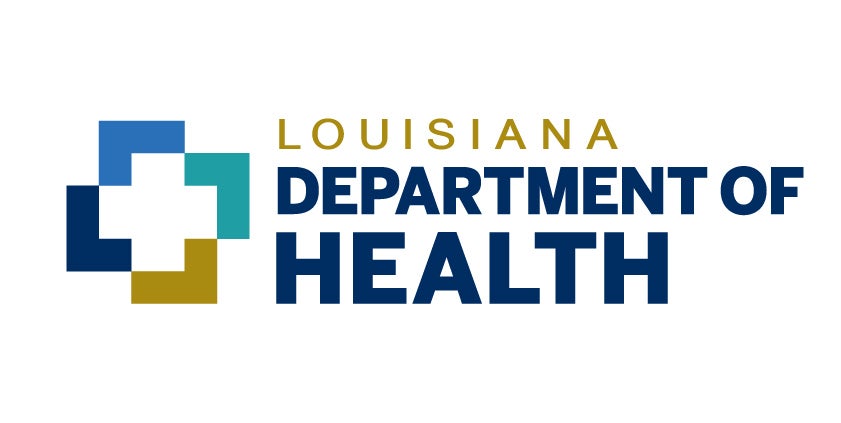Pratt: The what, how, who, when and why of antibody testing
Published 12:00 am Wednesday, May 27, 2020

- Mary Ellen Pratt
|
Getting your Trinity Audio player ready...
|
COVID-19 was introduced to the world as the new or “Novel Coronavirus.” So there is much to learn about COVID-19. New information and tests are being developed every day.
The CDC is evaluating the performance of commercially made antibody tests together with other government agencies. Due to the state of emergency, these agencies are speeding up the approval process and testing methodologies are being approved for emergency use.
WHAT is antibody testing?
Antibody tests are used to check the body for antibodies (proteins created when the body tries to fight off an infection). These tests are intended only to detect antibodies to COVID-19, not to diagnose recent or active infections. They also cannot pinpoint the date of viral exposure.
Antibody tests are used to detect one or more different antibodies. Certain antibodies develop in within seven to 10 days of exposure indicating that a patient may have had a recent infection. Other antibodies are produced right when a virus attacks the immune system. These antibodies may indicate that a patient has very recently recovered and/or may still be infected.
HOW is antibody testing different than diagnostic testing?
Diagnostic testing, done via nasal or throat swab, detects the presence of viral genetic material which helps determine if a person has a current infection. These tests are typically done when patients are symptomatic.
An antibody test is a blood test designed to detect antibodies produced by the immune system in response to an infection such as the coronavirus. They indicate whether a person was exposed to COVID-19. Antibody tests aren’t required and don’t change treatment of COVID-19 or any other medical conditions.
WHY should an antibody test be used?
COVID-19 Antibody testing was initially developed by the CDC for two reasons. Testing can help to evaluate the overall impact of the pandemic by estimating the total number of people who were infected. It is also a way to evaluate the performance and accuracy of diagnostic tests. Antibody tests also help to detect previous infections in people with little or few symptoms. Your physician may decide to order one if you are asymptomatic, but live with or have been in close contact with someone who has tested positive for COVID-19.
WHEN should a person get tested?
If you have mild symptoms or are asymptomatic, but feel concerned because you have been exposed to someone who tested positive for COVID-19, ask your physician. They can discuss things to look for and can determine if either a diagnostic or an antibody test would be beneficial.
Antibodies being tested usually develop between eight to 14 days post exposure, so tell your doctor when a potential exposure could have happened. If you move forward with antibody testing, it is best to wait 10 days after initial symptoms or exposure.
WHAT do results mean?
A positive antibody result means you have antibodies that likely resulted from a COVID-19 infection (or possibly a related coronavirus). However, it’s unclear if these antibodies can provide immunity against getting re-infected. If you have no symptoms, you likely do not have an active infection and no additional follow-up is needed, but if you have symptoms and meet other testing guidelines, you will need a diagnostic swab test to confirm a COVID-19 infection, as an antibody test cannot tell if you currently have COVID-19. It is possible to test positive for antibodies even if you never had COVID-19 symptoms (known as an asymptomatic infection).
A negative antibody result means you probably did not have a previous COVID-19 infection that got better. However, you could have a current infection. Some people may take longer to develop antibodies and some people may not develop antibodies. So it’s possible you could still get sick if you were exposed to the virus recently, since antibodies don’t show up right away. This means you could still spread the virus, so if you have symptoms and meet other testing guidelines, you need a diagnostic swab test to confirm a case of COVID-19.
There is still much to learn about what a positive COVID-19 antibody test really means, so the general consensus is, “Don’t let your guard down.” It’s important to protect yourself and others by social distancing, hand washing, disinfecting high-touch areas and wearing a mask in public.
At this time, if a patient has a physician order for an antibody test, tests are drawn by our laboratory and sent off for analysis. St. James Parish Hospital is committed to learning about new tests as they are approved and available. We are in the process of evaluating in-house antibody testing.
Visit www.sjph.org/coronavirus often for new announcements about COVID-19.





